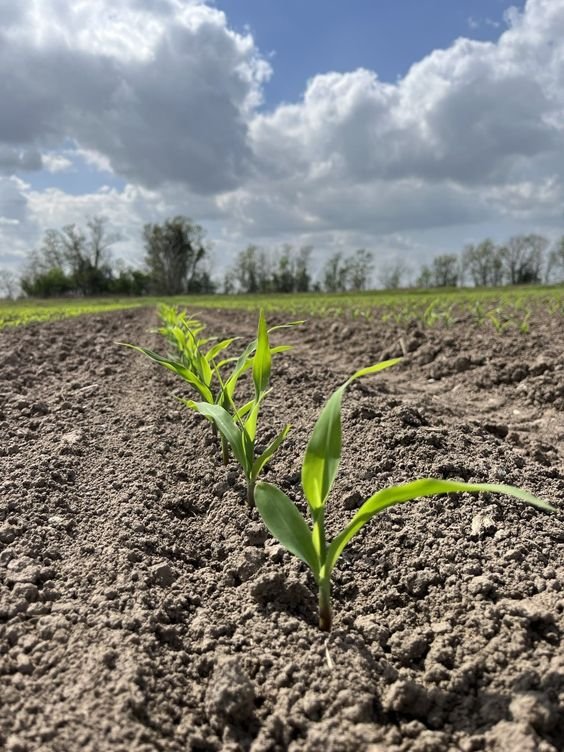Agricultural Investment Counseling sector offers a unique and potentially rewarding avenue for investment. With a growing global population and increasing demand for sustainable food production, agriculture presents a compelling opportunity for investors seeking long-term returns. However, navigating the complexities of this industry requires specialized knowledge and expertise. This is where agricultural investment counseling comes in.
Contents
What is Agricultural Investment Counseling?
Agricultural investment counseling is a specialized service offered by professionals who possess a deep understanding of both the financial and agricultural landscapes. These advisors provide tailored guidance to individuals and institutions seeking to invest in farmland, agricultural businesses, or related commodities.
Benefits of Agricultural Investment Counseling
Engaging an agricultural investment counselor offers numerous benefits for investors, including:
- Market Expertise: Agricultural advisors stay abreast of industry trends, commodity prices, and emerging technologies. They can help you identify promising investment opportunities that align with your risk tolerance and financial goals.
- Risk Management: Agriculture is inherently subject to various risks, including weather fluctuations, pest outbreaks, and price volatility. Counselors can help you develop strategies to mitigate these risks and diversify your portfolio within the agricultural sector.
- Financial Analysis: Counselors can conduct thorough financial analysis of potential investments, including farmland valuation, business profitability assessments, and cash flow projections. This analysis helps you make informed decisions based on reliable data.
- Deal Structuring: Counselors can assist you in structuring investment deals that are advantageous from both a financial and operational standpoint. This includes negotiating contracts, securing financing, and establishing legal frameworks.
- Ongoing Support: Agricultural advisors provide ongoing support throughout the investment lifecycle. They can monitor your investments, offer guidance on operational decisions, and help you adapt to changing market conditions.
Who Can Benefit from Agricultural Investment Counseling?
A wide range of individuals and institutions can benefit from agricultural investment counseling, including:
- High Net Worth Individuals: Seeking alternative investments with potentially higher returns and diversification benefits.
- Family Offices: Managing wealth for multiple generations and looking for stable, long-term investments.
- Institutional Investors: Such as pension funds, insurance companies, and asset management firms seeking exposure to the agricultural sector.
- Private Equity Firms: Investing in startups or established businesses within the agricultural value chain (e.g., agribusiness, alternative proteins).
Key Considerations in Agricultural Investment Counseling
When seeking agricultural investment counseling, there are several key factors to consider:
- Advisor’s Experience: Look for advisors with a proven track record in agricultural investments and a deep understanding of your target market segment (e.g., farmland ownership vs. agribusiness investment).
- Investment Philosophy: Choose an advisor whose investment philosophy aligns with your risk tolerance and return expectations.
- Fee Structure: Understand the advisor’s fee structure and ensure it aligns with the value they provide. Common fee structures include hourly rates, performance-based fees, or a combination of both.
- Regulatory Compliance: Confirm that the advisor is properly licensed and adheres to relevant industry regulations.
Types of Agricultural Investments
The agricultural investment landscape offers a diverse range of options:
- Farmland Investment: Purchasing farmland for direct ownership and income generation through leasing or operating a farm yourself.
- Agricultural Real Estate Investment Trusts (REITs): Investing in companies that own and operate agricultural land portfolios, offering a passive investment approach with potential for dividend income.
- Agribusiness Investment: Investing in companies involved in various aspects of the agricultural value chain, such as seed production, crop processing, livestock breeding, or agricultural technology (AgTech).
- Commodities Investment: Investing in futures contracts or exchange-traded funds (ETFs) that track agricultural commodity prices, such as corn, soybeans, or wheat.
Conclusion
Agricultural investment counseling can be an invaluable tool for navigating the complexities of the agricultural sector and making informed investment decisions. By leveraging the expertise of qualified advisors, investors can unlock the long-term growth potential of agriculture while mitigating associated risks. Remember, due diligence and a clear understanding of your investment goals are crucial before venturing into this dynamic industry.


